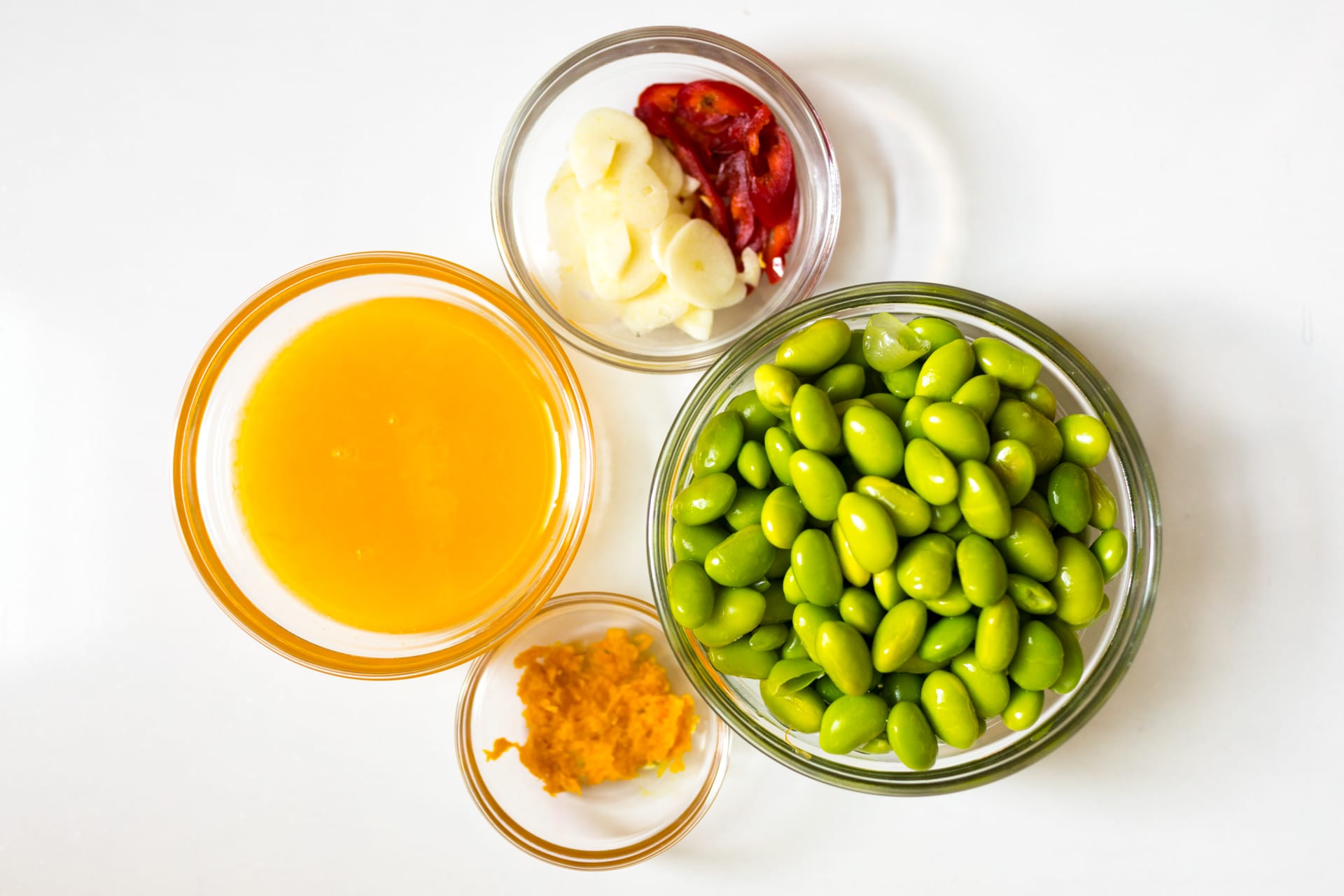Mise en Place
French novelist Gustave Flaubert said, "Be regular and orderly in your life, so that you may be violent and original in your work."
French novelist Gustave Flaubert said, "Be regular and orderly in your life, so that you may be violent and original in your work."
This principle applies to workers of all disciplines, not just artists. In particular, chefs emphasize this in their training with the concept of mise en place.
Mise en place is a French term that refers to the practice of assembling and preparing all the individual ingredients you need to cook a meal ahead of time, so that you're not stuck searching for the herbs in the back of your fridge while your foods starts to overcook on the stove.
When you're done, you might have a prep counter to work from that looks something like this:

If you've ever woken up late and spent the morning scrambling to get to work, then felt a little frazzled for the rest of the day, you know what it feels like to ignore Flaubert's advice. Say nothing about being "violent and original" — order allows you to approach your work with a calm focus.
What does mise en place look like in your personal life? And what needs to happen on a daily and weekly basis to allow you to work and play from a place groundedness, not last minute panic?
If you're ever not sure what to do next, start with your answers to these questions.